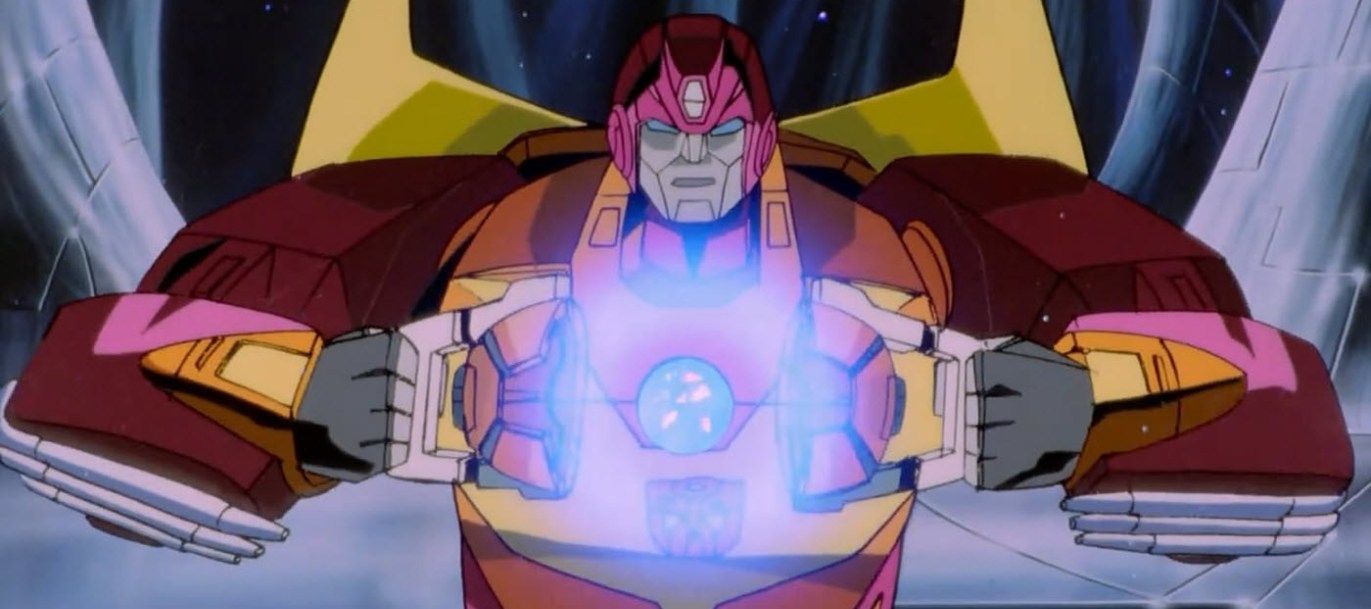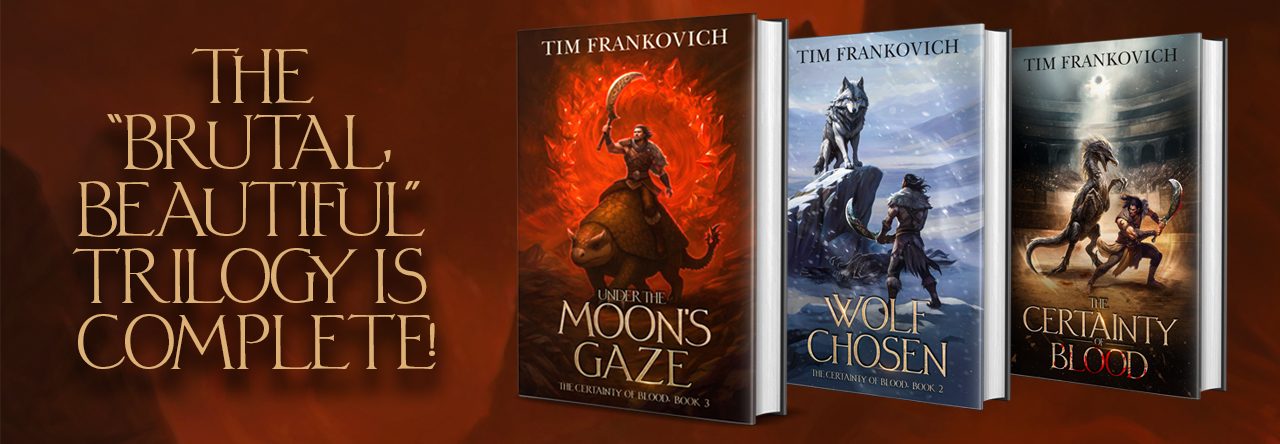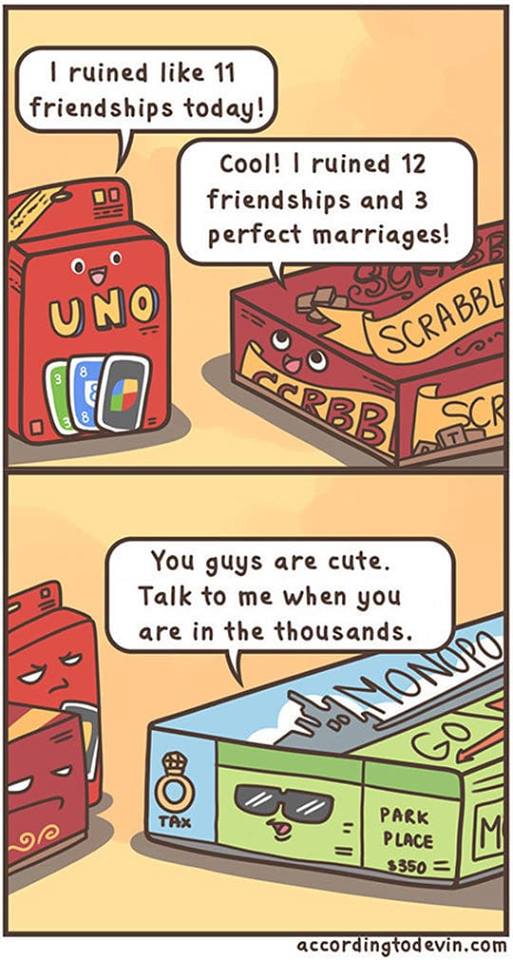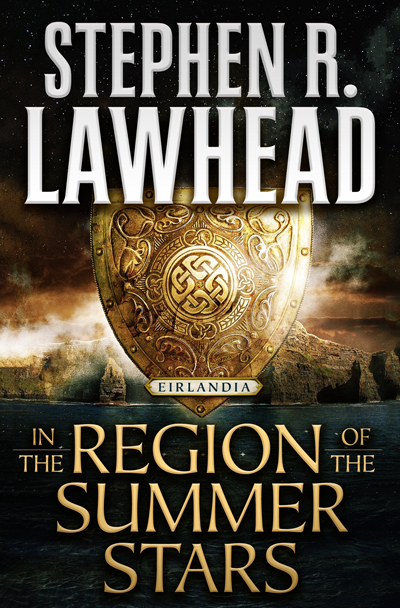Most of the time, when a book is adapted into a movie, time is “sped up.” In other words, what takes a long time in the book takes a very short time in the movie, so as to keep things moving for an impatient visual audience. Action scene jumps to action scene as rapidly as possible.
As a storyteller, my mind usually works in the opposite direction. I fill in the gaps, expanding the story in my head. Obviously, this doesn’t happen all at once, but I’ve found that the longer something remains in my mind, the lengthier it gets.
For example, when I was a child in the 1980s, I saw Transformers, the movie (the animated one, AKA the good one). I did not see it again for decades.
 Transformers had some truly epic moments – the death of Optimus Prime, Starscream’s final betrayal of Megatron, the coming of Unicron, and of course, “Light our darkest hour!” But when I watched the movie for only the second time, decades after the first… I was shocked to discover that these epic moments came quickly, with almost no downtime between them, connected only by more rapid-fire action scenes.
Transformers had some truly epic moments – the death of Optimus Prime, Starscream’s final betrayal of Megatron, the coming of Unicron, and of course, “Light our darkest hour!” But when I watched the movie for only the second time, decades after the first… I was shocked to discover that these epic moments came quickly, with almost no downtime between them, connected only by more rapid-fire action scenes.
I was confused. This wasn’t how I remembered it. I remembered a sprawling epic story that contained soaring emotional moments. Had the movie been edited heavily before its release on home video? No. My memories were wrong. Or, rather, my mind had been adding to them over the years.
As best as I can tell, my story-loving and story-telling mind loved the great moments of the movie, and loved even more the greater types of story moments that the animated movie was attempting to replicate. So over the years, my memory of the movie became expanded, as I “remembered” how I wanted the movie to be.
What does this mean? I believe that deep down, we all long for epic stories. We all want to read/see stories that move us, that inspire us, that thrill our hearts. Some of us just take it a step further – by coming up with those stories ourselves. Or, when an existing story isn’t quite good enough… expanding it in our imaginations, making it become the story we wanted all along.


 As I rewatched it, I was reminded of the promises concept. Many times in the first season, the show threw out names and concepts familiar to long-time comic book readers, and then never followed up on them. It was a classic example of not fulfilling what was promised.
As I rewatched it, I was reminded of the promises concept. Many times in the first season, the show threw out names and concepts familiar to long-time comic book readers, and then never followed up on them. It was a classic example of not fulfilling what was promised.


